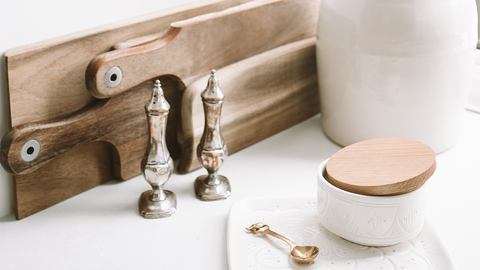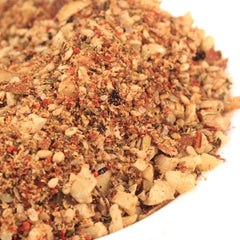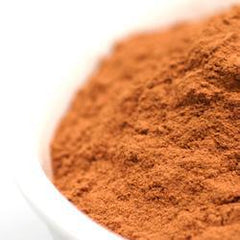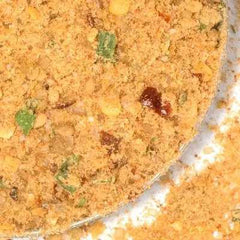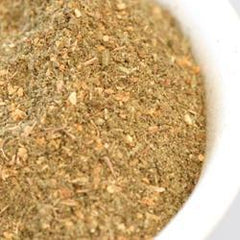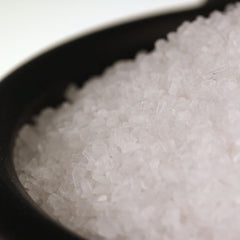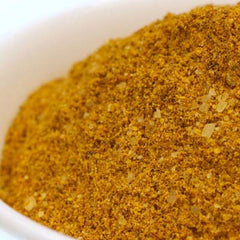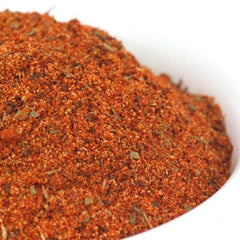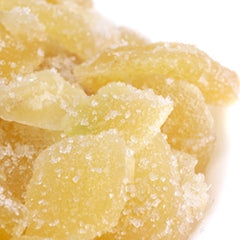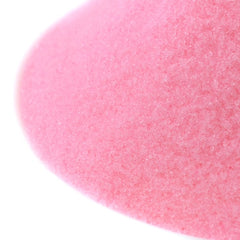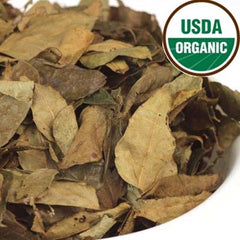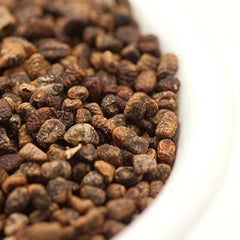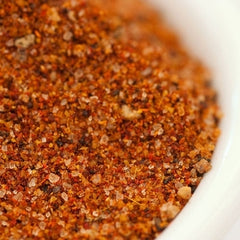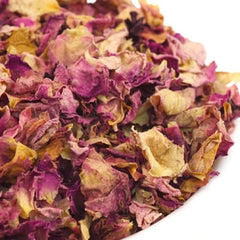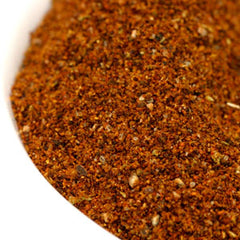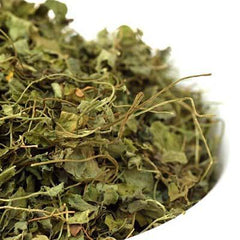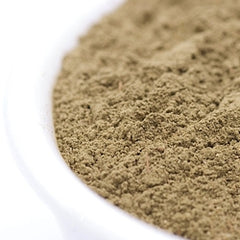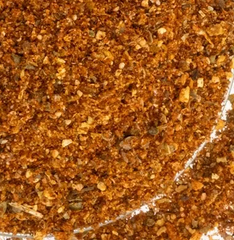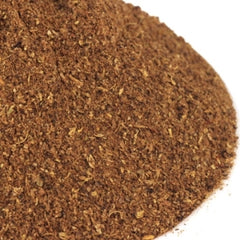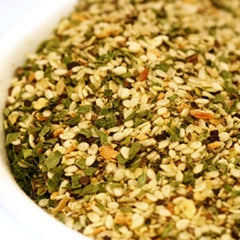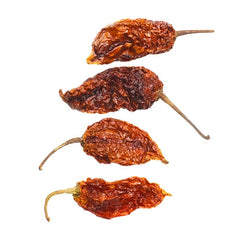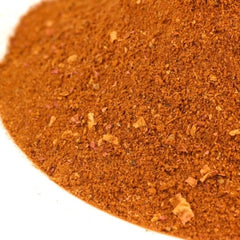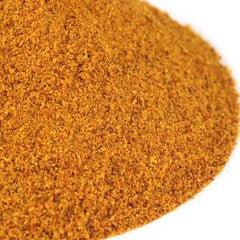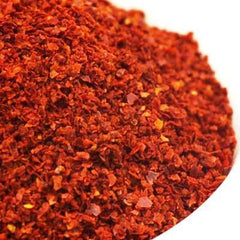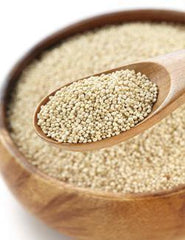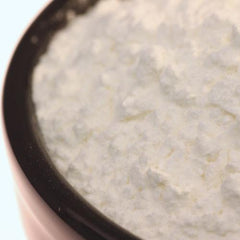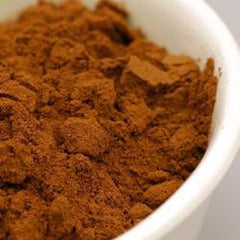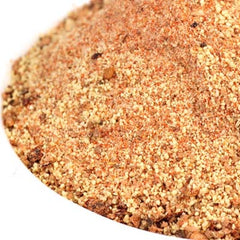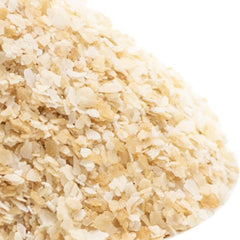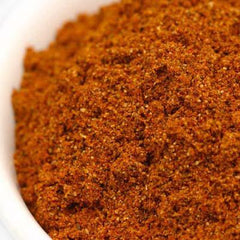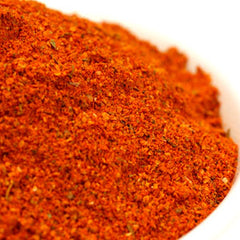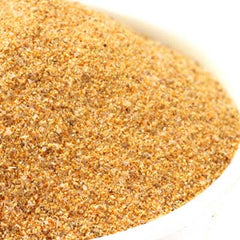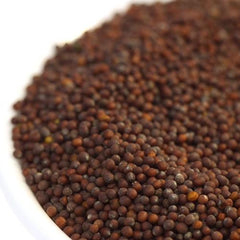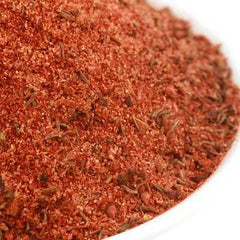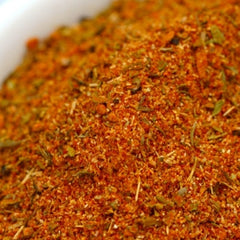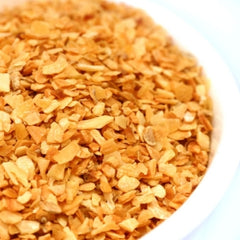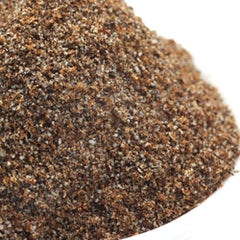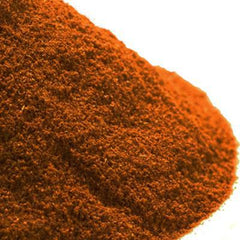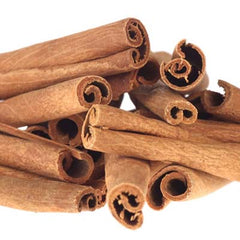Categories
- Cookware
- Bakeware
- Cutlery
- Coffee Machines and Accessories
- Smoked Cocktail and Food Tools
- Personal Care
- Wellness Mats
- Made In
- Kettles
- Greeting Cards
- Kikuichi Cutlery
- Marcato
- Smithey Ironware
- Cheese
- Funky Chunky
- Products of Scotland
- Meat N' Bone
- Millican Pecan
- Porter Road
- Xocolatl Small Batch Chocolates
- Heritage Steel
- Middleton Made Knives
- Diabetic Kitchen
- Chocolates
- Water Filtration Systems
- Copper State Forge
- Preparation, Organization & Storage
- Butcher Block/Cutting Boards
- Textiles, Towels and Aprons
- Fruit & Vegetable Tools
- Food
- Artisanal Spice Shop
- Brining, Basting & Roasting
- Tongs
- Cleaning & Sanitizing
- Spatulas & Turners
- Smoked Food Tools
- Ceramic & Glass
- Cheese Brothers
- Asheville Tea Company
- Coffee
- Specialty Tools
- Wine & Bar Accessories
- Seafood Tools
- Chocolates
- Coffee Makers
- Coffee & Tea Accessories
- Ladles, Whisks & Spoons
- Bitters & Mixers
- Grilling
- Measuring Cups & Spoons
- Serving Tools
- Zesters & Graters
- Coasters & Magnets
- Openers, Funnels & Strainers
- Oil & Vinegar
- Scales
- Temperature & Time
- Salt and Pepper Mills, Storage & Shakers
- Kitchen Appliances
- Bowls
- Flavoring & Food Coloring
- Vitamix
- Egg & Butter Tools
- Chef Apparel
- Anti-Fatigue Mats
- Jura
- Leather Accessories
Featured posts
Dukkah (ounce)
Pronounced "Doo-Kah", Dukkah is often spelled as dukka, dakka and duqqa. Dukkah translates to "to crush" or "to pound". Dukkah is an Egyptian condiment that is a blend of spices, nuts (usually hazelnut) and herbs. Worldwide there are a number of spice blends that are so closely associated with their place of origin that they're practically synonymous with the cuisine - say, Jerk Seasoning with Jamaica, Garam Masala with northern India and Cajun Seasoning with New Orleans. Others, such as curry powder, have become such true global forces that they have spread far and wide and variations exist within the different regions that they’re found. There is no single recipe for Dukkah as it varies depending on the preparer’s preferences. The most common ingredients, as close to universal as you’ll get, are sesame seeds, coriander, cumin, salt, pepper and some type of nut. Throughout the Middle East, Dukkah is typically eaten with flatbread — it may be sprinkled on top, or more commonly the flatbread is first dipped into olive oil and then into the Dukkah mix. Unlike the majority of all seasoning blends this one is also highly adaptable where in addition to being used as a condiment or garnish, its chunky, textured nature makes it easy to eat by the handful as a snack. In Middle Eastern street markets it is often found portioned out in paper cones for snacking by itself. Hand blended from hazelnuts, sesame, coriander, cumin, black pepper, sumac, sea salt, nigella seeds, Aleppo and spearmint.

